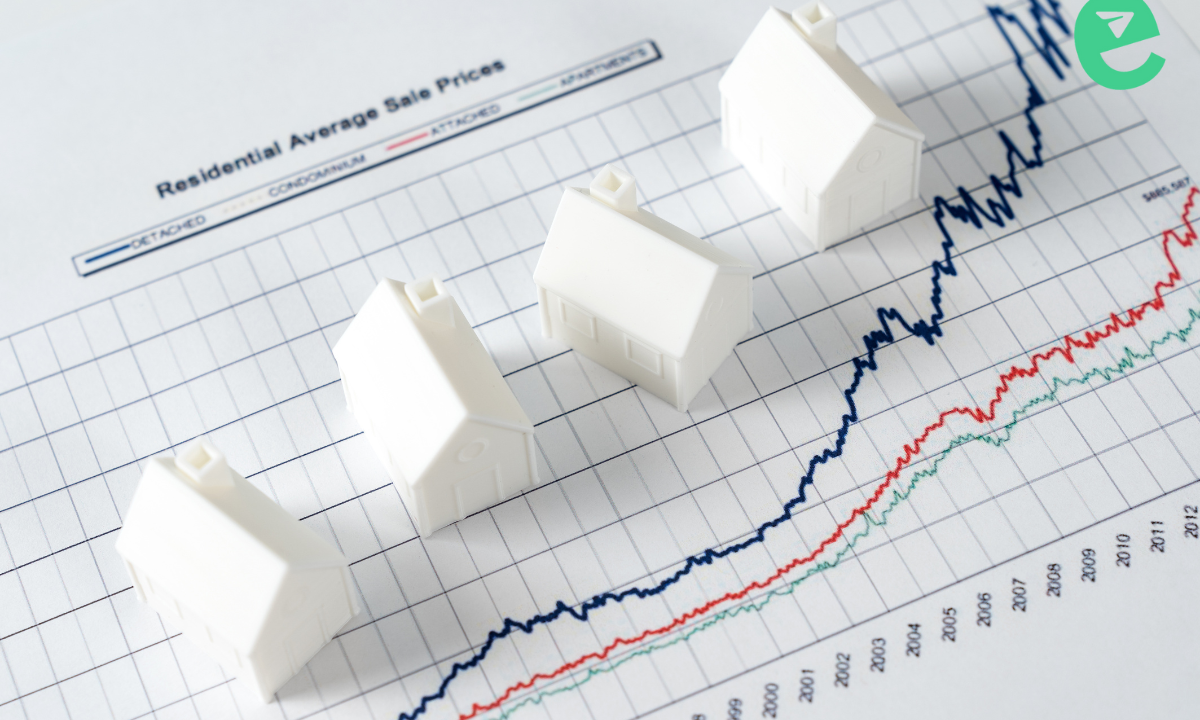Growth in Real Estate Investing: The Future of Real Estate
Real estate investment has always been a critical sector in Nigeria’s economy, but the rapid changes of recent years demand even more attention. As we move into 2024, new trends and innovations are set to shape the future of real estate investment in Nigeria. Below, we explore key technological advancements, sustainability trends, economic and demographic changes, and future market forecasts.
Technological Innovations
Smart Homes
Technological advancements are ushering in a new era in Nigeria’s real estate market, particularly through smart homes and property technology (PropTech). Smart homes, equipped with Internet of Things (IoT) devices, smart thermostats, lighting control, and advanced security systems, enhance comfort and energy efficiency. These technologies not only make living spaces more attractive to buyers but also increase property values.
The PropTech sector in Nigeria is experiencing significant growth. Leveraging real estate data management, automation, and artificial intelligence, investors and developers can more accurately predict market trends, improve customer experiences, and reduce operational costs.
Sustainability Trends
Green Buildings and Energy Efficiency
Sustainability and energy efficiency are becoming increasingly vital in Nigeria’s real estate market. Green construction, which employs environmentally friendly materials and technologies, is gaining popularity. These buildings are not only better for the environment but also offer long-term cost savings due to lower operating expenses.
To boost energy efficiency, the adoption of solar panels, heat pumps, and other renewable energy sources is on the rise. These solutions reduce the ecological footprint of properties and provide significant savings for residents.
Economic and Demographic Changes
Macroeconomic Factors and Demographic Trends
The Nigerian real estate market is heavily influenced by macroeconomic factors and demographic trends. Low interest rates spur demand for real estate investments, while economic growth and job creation drive the need for new residential and commercial properties.
Demographic shifts, such as urbanization and a growing population, also impact the market. The increasing urban population creates demand for new housing and infrastructure projects. Additionally, the rising number of young professionals boosts the need for affordable and accessible housing options.
Future Real Estate Market Forecasts
Promising Regions and Property Types
Forecasts for Nigeria’s real estate market highlight certain regions and property types as particularly promising. Major cities like Lagos and Abuja, where economic growth and job creation are robust, remain attractive to investors. Medium-sized cities with strong transport links and expanding infrastructure also present significant growth potential.
In addition to smart homes and green buildings, commercial properties, including offices and retail spaces, deserve attention. Although the rise of remote work is transforming the office real estate market, the demand for flexible office solutions and coworking spaces offers new opportunities.
Conclusion
The future of real estate investment in Nigeria holds many exciting opportunities, especially for those who can adapt to new technologies, sustainability requirements, and the evolving economic and demographic landscape. Success in this market requires constant monitoring of trends and a willingness to embrace the latest developments. By staying informed and adaptable, investors can capitalize on the dynamic growth of Nigeria’s real estate sector.



Obagbemisoye
on said
Good to know
Jacob
on said
Your first comment